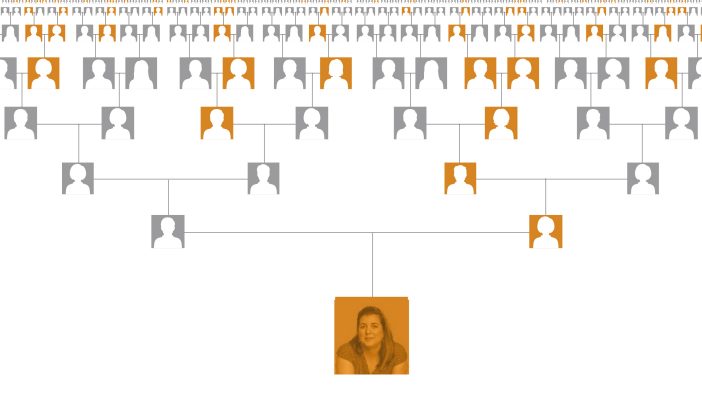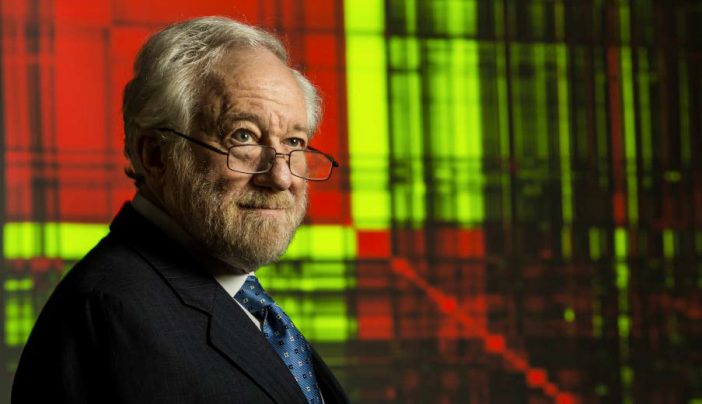MD Anderson was awarded more than $10 million in grants to support collaborative research teams working to advance novel interception and treatment strategies that will improve outcomes for several cancer types with the greatest unmet need, including pancreatic cancer, ovarian cancer and glioblastoma (GBM).
Researchers from The University of Texas MD Anderson Cancer Center today reported results from a multi-center pooled analysis of breast cancer patients which found that residual cancer burden (RCB) after neoadjuvant treatment is an accurate long-term predictor of recurrence and survival in all breast cancer phenotypic subtypes.
Learn about the most effective thyroid cancer treatment options with the fewest side effects. Customized treatments options: 1. Surgery 2. Targeted Therapy 3. Hormone Therapy.
2017 MD Anderson Cancer Center welcomes Peter...Regents. The renowned cancer surgeon, researcher, professor
About 2,500 men in the U.S. are diagnosed with breast cancer each year. Learn about survival rates, symptoms and treatment for male breast cancer from MD Anderson, a top-ranked cancer center.
Nasopharyngeal Cancer is a rare type of head and neck cancer. It is usually treated without surgery. Learn more from MD Anderson, a top-ranked cancer center.
Hypopharyngeal cancer is a rare type of throat cancer. Learn more from MD Anderson at top-ranked cancer center.

More than 50 hereditary cancer syndromes have been identified to date. Genetic testing can detect many of these, allowing for early detection

How MD Anderson researchers are working with The Cancer Genome Atlas to unravel the mysteries of the disease
Break Through Cancer announced its launch as a public foundation to find new solutions to the most intractable challenges in cancer. MD Anderson joins top U.S. cancer centers to lead collaborative research teams focused on pancreatic cancer, ovarian cancer, glioblastoma and acute myeloid leukemia.
